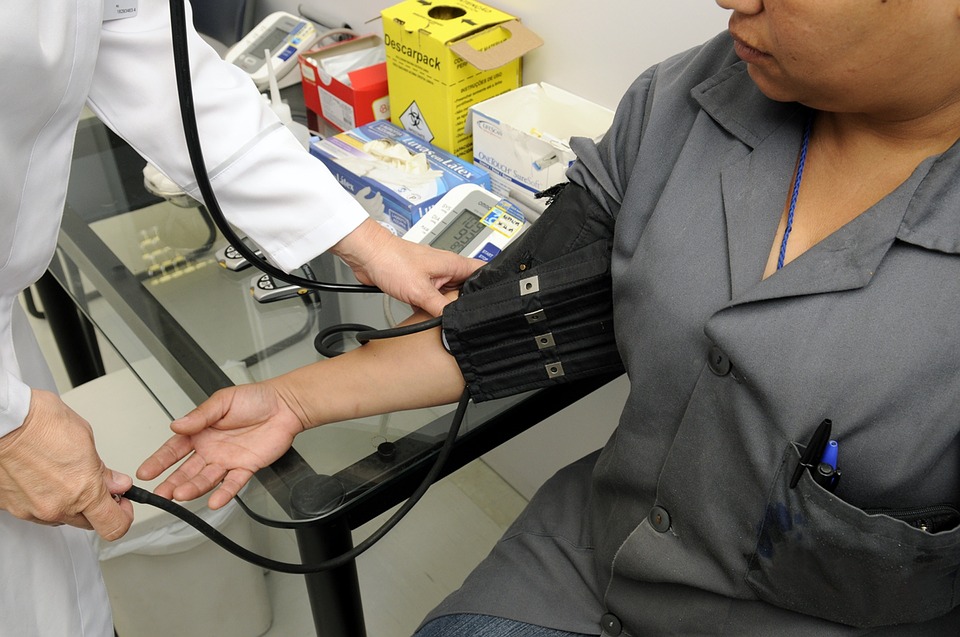One in five Americans has allergies. If you are a primary care doctor, your practice likely reflects this. Chances are, you see a few patients per day who complain of common allergy symptoms including:

(Pixabay / hamiltonpaviana)
- Runny or congested nose
- Sneezing
- Conjunctivitis
- Sinus problems
- Chronic ear infections
- Wheezing or asthma
- Skin problems (hives, eczema, angioedema)
- Eosinophilic esophagitis
- Head pain
- Fatigue
To know if these problems have their root in allergy, you may refer your patients out to an allergist. However, you can allergy test your patients in your own clinic by ordering an allergy test kit for physicians. This can afford greater continuity of care, and your patients will likely prefer it. Studies show that most patients would rather be seen by a familiar physician than be referred out for treatment.
Types of Allergy Test
There are different kinds of allergy tests, including the following:
Blood tests. A patient’s blood is taken and mixed with allergens to see how many immunoglobulin E (IgE) antibodies develop in reaction to the trigger agent.
Skin tests. There are two types of skin tests. With a patch test, a drop of allergen extract is placed on the forearm or back, and a needle passes through the drop into the skin. With an intradermal test, a small amount of an allergen is injected into the surface layers of skin. In both cases, a patient’s skin will swell up into a red patch or a “wheal” that can be measured to determine a patient’s sensitivity to allergen extracts. The American Academy of Allergy, Asthma and Immunology considers skin testing to be more accurate than blood testing.
Primary care physicians can diagnose their patients’ allergies through a turnkey allergy test program. The program will help doctors order an allergy test kit that will include all the supplies needed to perform skin testing. The program can also provide staff training. After the training, technicians will be ready to test patients. They can apply the test, wait for it to develop, then measure the test results—all in about 30 minutes per patient. For food allergies, physicians can order a food allergy test kit and administer tests in a similar manner.
Allergy Treatment Options
Primary care doctors can also treat their patients’ allergies in-office. It’s a great opportunity to help their allergic patients, maintain continuity of care, and increase medical practice profits. Physicians can order a turnkey allergy treatment program to facilitate patients’ immunotherapy. Physicians can administer shots to patients in their offices or prescribe sublingual immunotherapy, which allows patients to take their allergy treatment in the form of oral drops that can be dispensed at home under the tongue.


